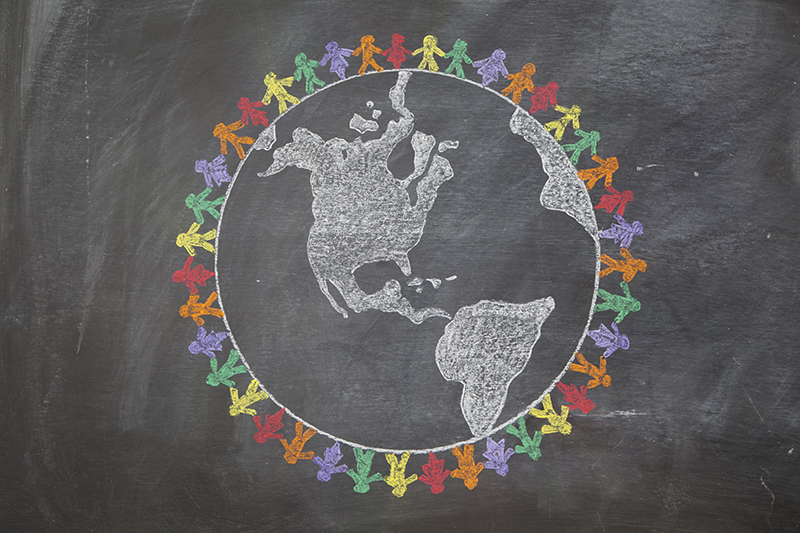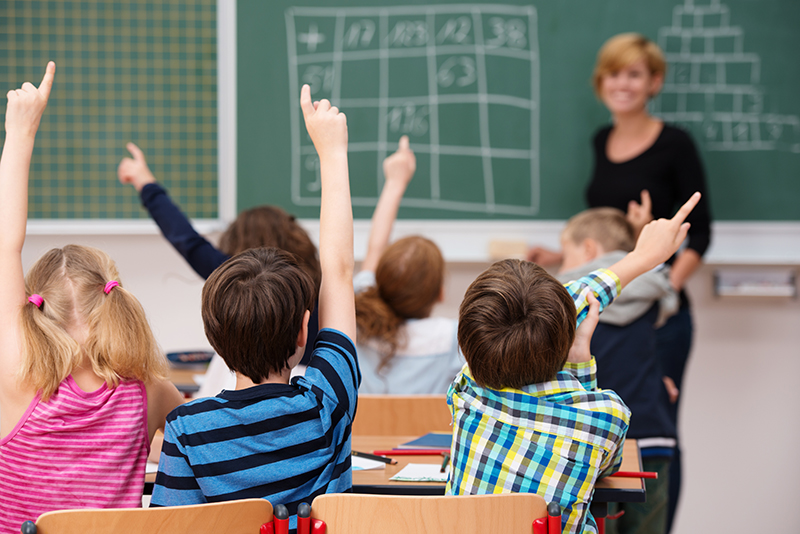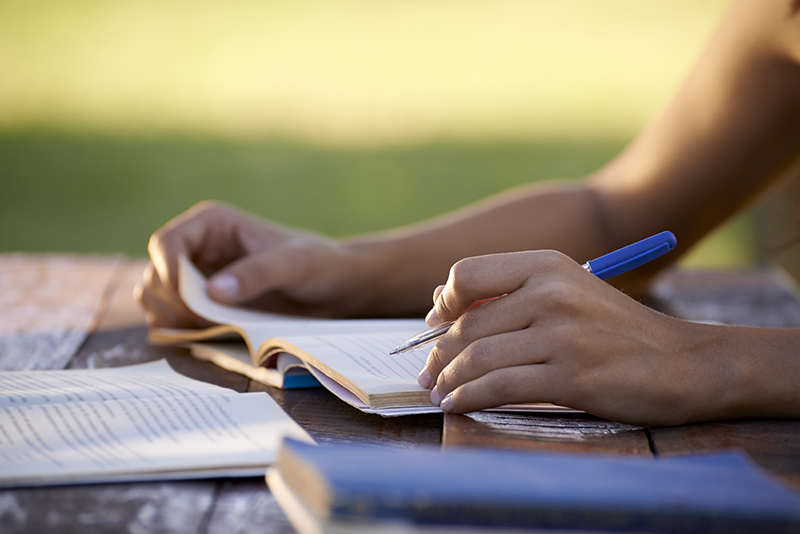Why Going to School Contributes to World Peace

Can something as manageable as going to school really lead to peace throughout the world?
January 24 is the International Day of Education, a United Nations (UN) observance aimed to promote the right to free, inclusive and ‘equitable quality education and lifelong learning for all.’ According to the UN, education is essential in cultivating a positive community; it is a catalyst for change throughout the world.
The theme for 2020, “Learning for people, planet, prosperity, and peace,” highlights the necessity of education in peacebuilding. Going to school helps us to not just become experts in a specific subject or learn facts, but to develop skills in critical thinking and empathy. It allows us to make informed decisions, which in turn can help us better ourselves and contribute to the well-being of humanity.
Here are a few ways education can lead to a more peaceful world:

Communication
Going to school gives us the opportunity to develop positive communication skills. Classes often incorporate many effective tools of communication, like peaceful debates, class discussion, and public speaking. We learn how to interact with others with grace and kindness. Whether it’s through a budding friendship, a project with a classmate or a conversation with a teacher or mentor, school fosters our ability to communicate more fruitfully with others.
Confidence
Thousands of years ago, famous Chinese philosopher Confucious said, “Education breeds confidence. Confidence breeds hope. Hope breeds peace.” Attending school, receiving an education and being able to successfully implement what we learn can build self-confidence. In turn, this confidence and the knowledge can lead to a more hopeful outlook on life and the world, a point-of-view needed to ‘breed peace.’

Cultural Awareness
Empathy is an important part of peacefully coexisting with all 7.7 billion people in the world. Through education, we can learn different languages, and understand other cultures, religions, and groups of people, helping us to accept and understand our differences rather than live in ignorance and let them divide us. Our different cultures and backgrounds should be celebrated and used to shepherd us to live together in harmony.
Receiving an education may not instantly solve every problem in the world, but it is an important and necessary step on the path to peace. Malala Yousafzai, a Pakistani education advocate and the youngest Noble Peace Laureate in history, said, “If you want to end the war, then instead of sending guns, send books. Instead of sending tanks, send pens. Instead of sending soldiers, send teachers.”
Consider supporting public education for all children in the U.S. by donating to a local charity or making a donation here.
